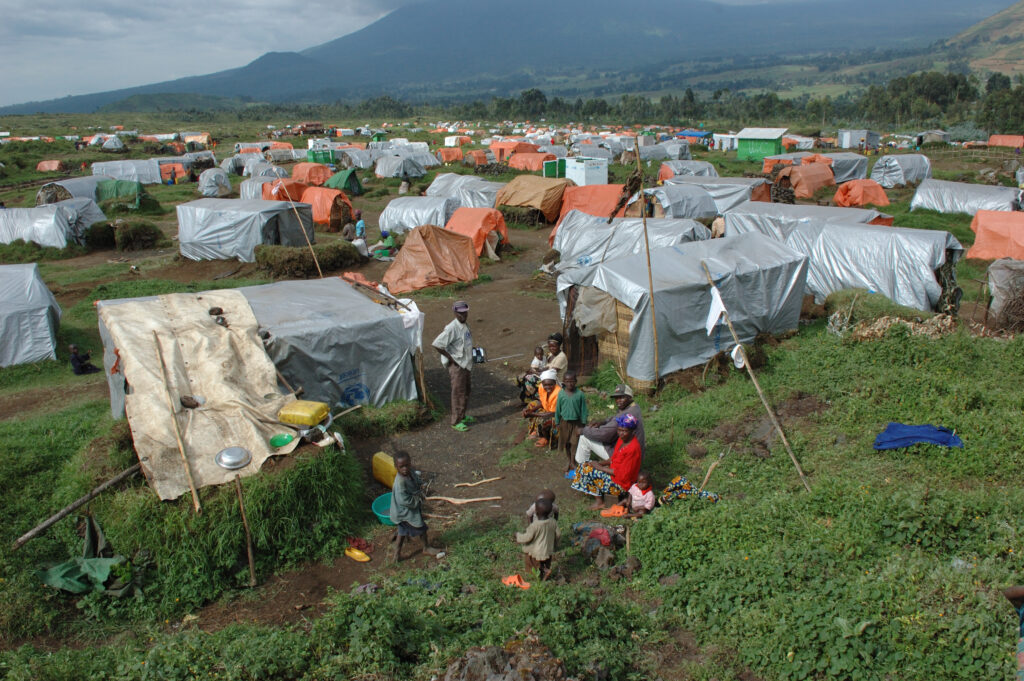Image Credit: Julien Harneis
I once interviewed a woman who had spent half her life in a refugee camp in Rwanda to escape the violent civil war in the Democratic Republic of Congo. She had been resettled in the U.S. for the last year and my task was to capture her story. I conducted a pre-interview with a volunteer who helped give me background information. I was prepared for a language barrier. I had my list of questions. I was ready to go.
Or so I thought. It became clear to me just minutes into the interview how challenging this was going to be.
When I asked about life in the refugee camp, she told me matter-of-factly that it was “hard.” I asked similarly open-ended questions, and that was as complete an answer as I got. I burned through my pre-determined questions pretty quickly this way. There was no script for what to do next.
I recognized that I had to switch gears from probing for emotion to asking more concrete questions than I had planned to. Life was “hard” … what did I need to see in my mind to understand what that meant? I asked her about the shelter she lived in, and she told me about the one-room plastic box she shared with her two sisters from her teenage years into adulthood. I asked her specifically what she did on a typical day. She told me about cooking her meals on a little kitchenette outside, teaching at the primary level in the camp, marrying a man she met there and moving into another plastic box that would became their first home together.
Slowly but surely the story came out. But every point of it came out of a separate, specific question. One was especially difficult to ask: the publisher wanted to know what had happened to her parents. This, I was certain she did not want to talk about. She told me enough that I understood her parents met the sort of end no child should ever have to recount. I asked for no more than that.
The above is an extreme example of what I experience every time I conduct an interview and every time I have been interviewed in my professional life: interviews always go off-script. I offer three tips for interviewers to help them embrace the limitations of their control.
- Prepare tons of questions. You know how in a casual conversation there’s often a lull where nobody knows what to say? Interviews are not casual conversations. There is a goal in mind, which makes lulls especially uncomfortable for both sides. Make sure you have more than enough prompts to learn what you need to from your subject in the time you have allotted for the interview. (Note: a “lull” is not the same as giving the interviewee time to answer a difficult question. In this case silence is necessary.)
- Prepare to mostly ask questions you have not prepared. The best interviews are the ones that surprise you and give you information you didn’t expect. Probe further when something sparks your interest. It’s worth spending a few extra minutes on an unexpected topic to make the most out of your interview time.
- Don’t be afraid to explain why you’re asking. It really helps when the interviewee is working collaboratively with you to help your audience understand what you want to communicate. Tell your subject what’s going on in your head. Sometimes the way you intended to phrase the question isn’t the best way to get what you need. It may be best to just state the kind of information you need and let your subject ask his- or herself the question.
If I were to sum all this up into one theme, it’s this: never enter an interview believing you can control what happens next. Enter with humility and respect and you will get all you need.

